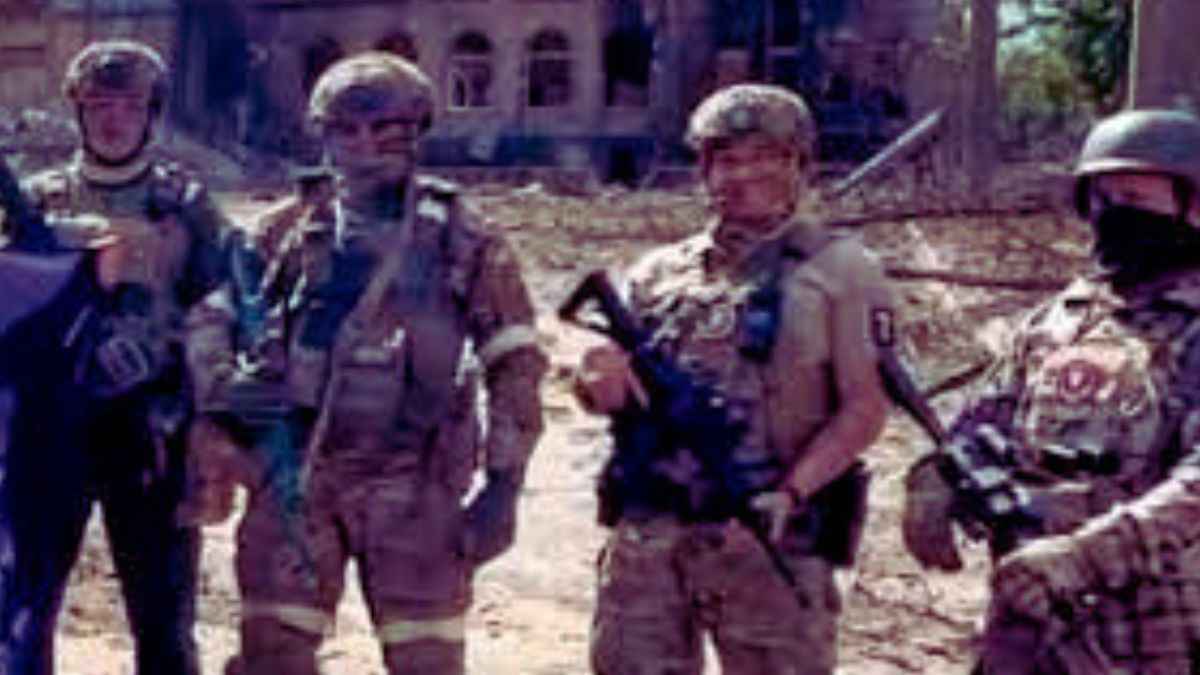The leader of the Wagner Group, Yevgeny Prigozhin, claimed that the Russian army attacked his forces and therefore started a mutiny against Russia. Yevgeny Prigozhin’s demand for justice led to an armed insurrection.
The Wagner Group controlled important military installations in the Russian city of Rostov-on-Don. Even after all this, Yevgeny Prigozhin will reportedly leave for Belarus, thus escaping the repercussions.
Since the war between Russia and Ukraine began, the Wagner Group and the Russian military have had tense relations, including the exchange of defamatory statements and hostile actions between the two groups.
The insurrection is significantly a result of the deployment of the Wagner Group and the Russian army in Ukraine.
Shortly after the start of the war in Ukraine, relations between the Russian military and the Wagner Group collapsed. However, before this breakup, the Wagner Group unofficially supported Russian state interests.
In some regions where Russia had a strong interest but wanted to limit its direct involvement, such as Sudan and Syria, the Wagner Group offered plausible deniability to the Russian government.
Russia had been confident at the beginning of the Russian-Ukrainian war that it would win a quick military victory. However, she faces setbacks from the beginning. This led Russia to deploy the Wagner Group to directly assist in its operations.
The deployment of the Wagner Group helped stabilize Russia’s operations in Ukraine.
In the year 2022, unlike the Russian army, the Wagner Group looked like a highly trained force. We must not lose sight of the fact that many of Russia’s first victories actually had great support from the Wagner Group, such as the Battle of Sievierodonetsk.
However, it would be wrong to say that these victories cost Russia and the Wagner Group nothing. The Wagner Group had suffered massive casualties, to such an extent that the Group was unable to stick to its traditional tactics. The situation became so intense that the Wagner Group began massive recruitment also in Russian prisons to replenish depleted forces.
All of these efforts led to the two organizations maintaining separate spheres of influence and now being conventional forces. In simple terms, the power domains of the two groups now overlapped.
The impact of the Russian president
It is said that only the president of Russia has the ability to arbitrate issues between his subordinates. Power itself limits the ability of subordinates to create power bases that can challenge it. In addition, it also reinforces the importance of the Russian president in the political system.
This same impact of Putin on the political system has a great impact in peacetime if the president’s goal is to maintain his power and influence. However, this may not be true in times of conflict, as overlapping roles may not be a risk.
READ ALSO: Who is Yevgeny Prigozhin, the leader of the Wagner Group?
Categories: Optical Illusion
Source: ptivs2.edu.vn
